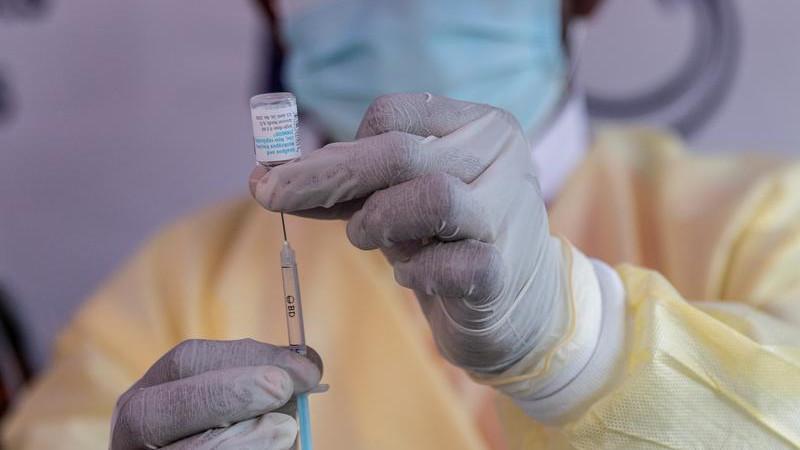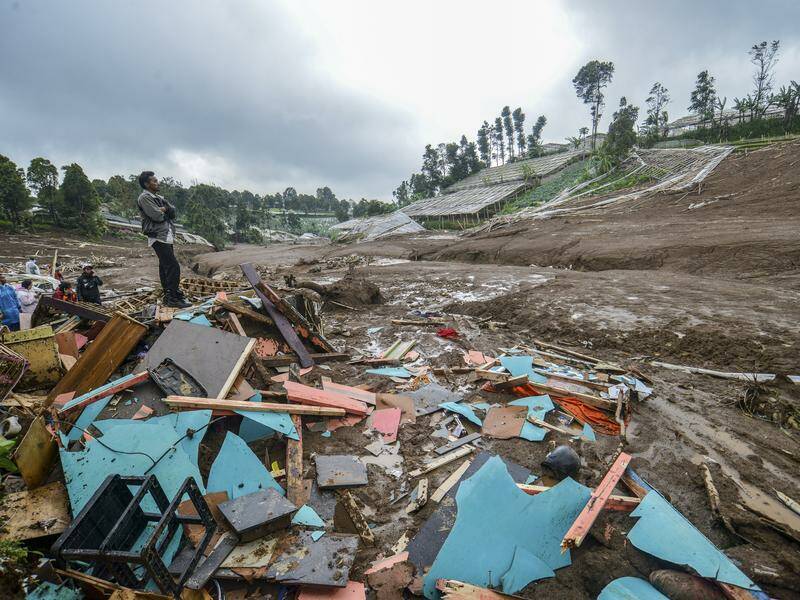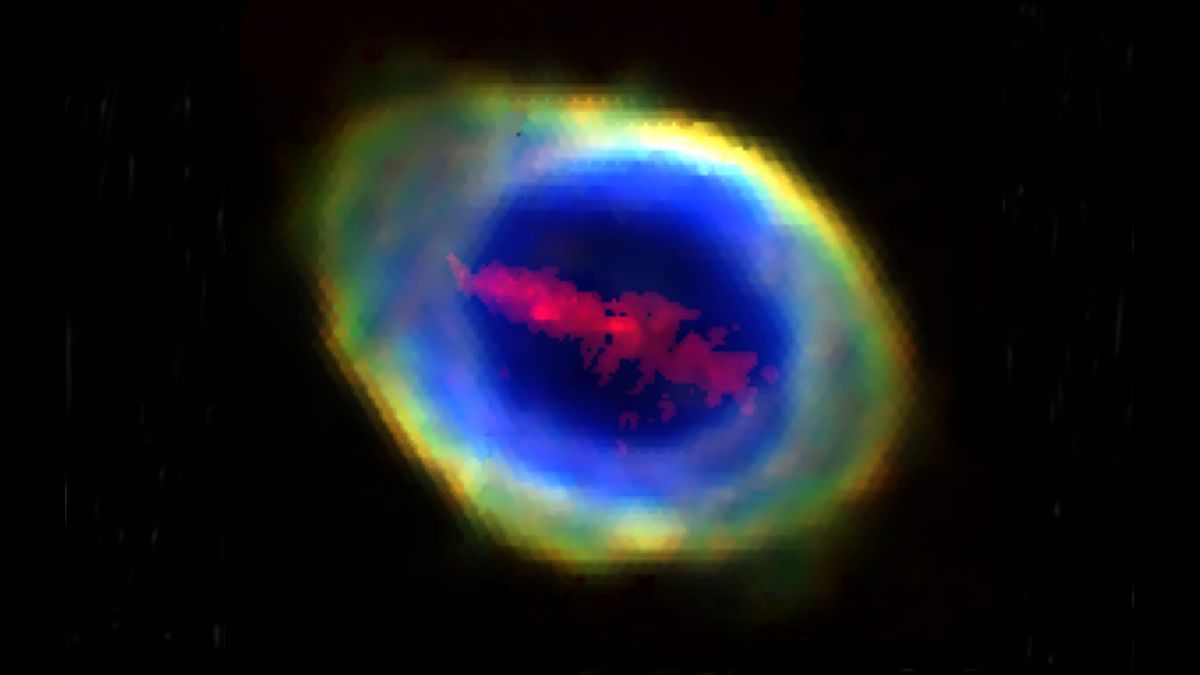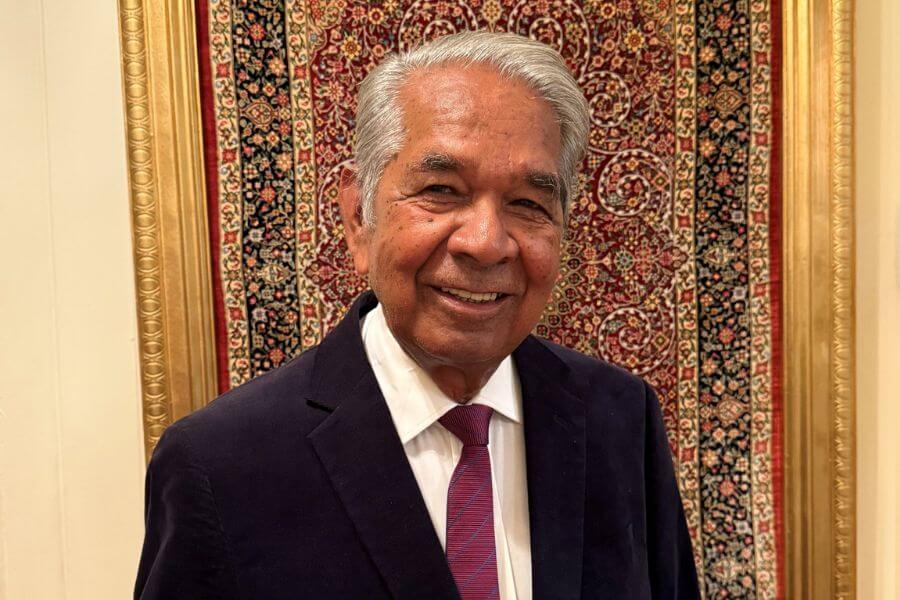
UPDATE: A rare strain of mpox has been detected at Logan Hospital in Brisbane, prompting urgent contact tracing measures involving over 59 individuals. Health officials in Queensland are closely monitoring the situation after a man returned from Africa tested positive for the Clade 1 mpox variant.
The patient presented to the hospital upon his return and was diagnosed shortly after. Authorities report that 19 community contacts and 40 hospital staff may have been exposed. Health Minister Tim Nicholls stated, “Those close contacts are being identified and traced right now.”
While the patient was not contagious during his travel, his family, including children in high schools and child care centers, are currently asymptomatic but are isolating as a precaution. Authorities are actively identifying these institutions to prevent any potential spread.
Dr. Geoffrey Playford from Metro South Hospital Service clarified that the contagion window extends from four days before symptom onset until after skin lesions have crusted. The health department does not anticipate a rise in community contacts but warns that the number of hospital contacts could increase as tracing continues.
In the last year, Queensland recorded 135 cases of the Clade 2 mpox. This is only the second instance of Clade 1 being detected in Australia, with the first case reported in New South Wales in May. Mpox, which typically presents mild symptoms such as fever, headache, and fatigue followed by a skin rash, spreads primarily through close contact.
Health experts are particularly concerned about groups at higher risk, including sexually active gay and bisexual men. Vaccination is strongly recommended for travelers to regions where the Clade 1 variant circulates, especially Central Africa. Free vaccinations for pre- and post-exposure are available through sexual health clinics and general practitioners.
The World Health Organization declared the mpox outbreak a public health emergency of international concern in August 2024, after cases surged to over 1,400 in Australia that year. The urgency of this situation cannot be overstated, and officials are committed to swift action.
As contact tracing progresses, health officials urge the public to remain vigilant. Further updates will be provided as new information becomes available.







